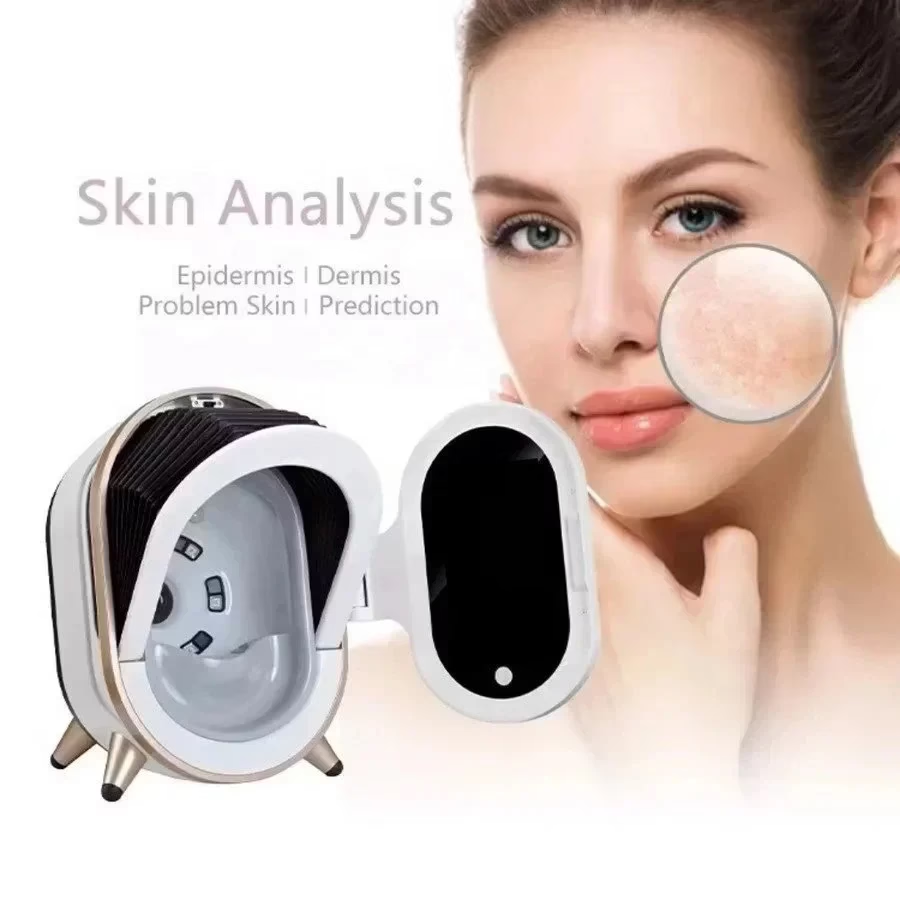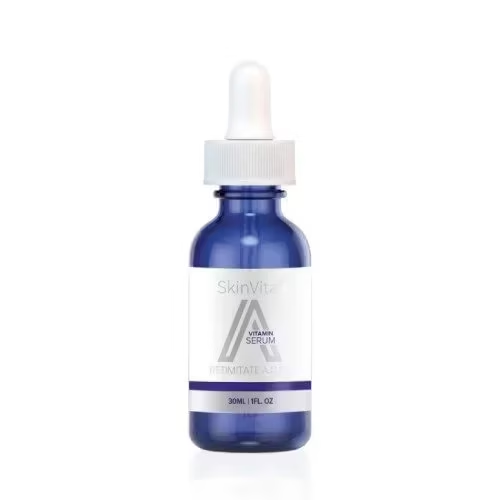
Introduction
Retinol Skincare is renowned for its ability to tackle acne, wrinkles, and uneven skin tone. But did you know how to store retinoid skincare is crucial to its effectiveness? If not stored correctly, these potent vitamin A derivatives can degrade quickly, rendering them useless. This guide will walk you through everything you need to know to ensure your retinoid products deliver their full potential.
Why Packaging and Storage Matter (The Sensitivity of Retinoids)
Retinol Skincare is notoriously unstable when exposed to air, light, and heat. These environmental factors trigger oxidation, breaking down the retinoid molecules and diminishing their effectiveness. Here’s what can happen to degraded retinoids:
- Discolouration: The product may change colour, indicating it’s no longer potent.
- Texture Changes: You might notice the product becomes thicker, thinner, or separated.
- Reduced Effectiveness: Most importantly, you won’t see the results you expect.
Expert-Recommended Solutions How to Store Retinol Skincare.
- Airless Pumps: These are the gold standard for retinoid packaging. Airless pumps prevent air from entering the container, minimising oxidation and preserving the retinoid’s potency.
- Opaque Containers: Light exposure can rapidly degrade retinoids. Choose dark glass bottles, aluminium tubes, or UV-protective plastic to shield your products from light damage.
- Stable Packaging Materials: The materials themselves matter. Opt for high-quality plastics, glass, or aluminium to prevent unwanted chemical reactions. These materials are known for their non-reactive properties, which means they won’t interact with the retinoid and cause it to degrade. They also provide a barrier against environmental factors, such as air and light, that can trigger oxidation.
Advanced Packaging Technologies (The Future of Retinoids)
- Microencapsulation: This cutting-edge technology encloses retinoid molecules in a protective coating, enhancing stability and ensuring a controlled release upon application.
- Vacuum Sealing: Removing air from the product’s environment offers additional protection against oxidation, especially for bulk storage.
Optimal Storage Practices
To maximise the lifespan of your retinoid products, follow these storage tips:
- Temperature: Store in a cool, dry place (15-25°C). Avoid storing in the bathroom where temperatures and humidity fluctuate.
- Light: Keep products in original opaque packaging and store them away from direct sunlight.
- Humidity: High humidity can degrade retinoids. Use silica gel in your storage area to absorb excess moisture.
Consumer Tips for Storing Retinol Skincare at Home
- Keep containers closed when not in use.
- Store products in a drawer or cupboard, away from heat sources.
- Never leave retinoids in a hot car or direct sunlight.
Conclusion
Proper packaging and storage are non-negotiable if you want your retinoid skincare to deliver results. Understanding the science behind retinoid instability and following the expert recommendations on how to store retinoid skincare will ensure your products stay potent and effective for as long as possible.
Don’t let your retinoids go to waste! Take an extra step to store them correctly, and you’ll be rewarded with healthier, more youthful-looking skin. Ensuring their potency through proper packaging and storage is crucial to achieving their skincare benefits.
FAQs
- How should I store my retinol skincare cream? Store it in a cool, dry place away from direct sunlight and extreme temperatures. Keep the container tightly closed to prevent air exposure.
- Can I transfer my retinoid cream to a different container? It’s best to keep retinoid creams in their original packaging. If you must transfer it, use an airtight, opaque container to minimize exposure to air and light.
- How long does retinoid cream last once open? Retinoid creams typically last 6 to 12 months after opening, depending on the packaging and storage conditions. Check the expiration date and any changes in colour or texture.
- Are there specific brands with better packaging? Many reputable brands use advanced packaging technologies to preserve retinoid stability. Look for products in airless pumps or opaque containers from trusted skincare companies.
- What should I do if my retinoid cream changes colour or texture or smells off? It may have degraded. Discontinue use or replace the product.







